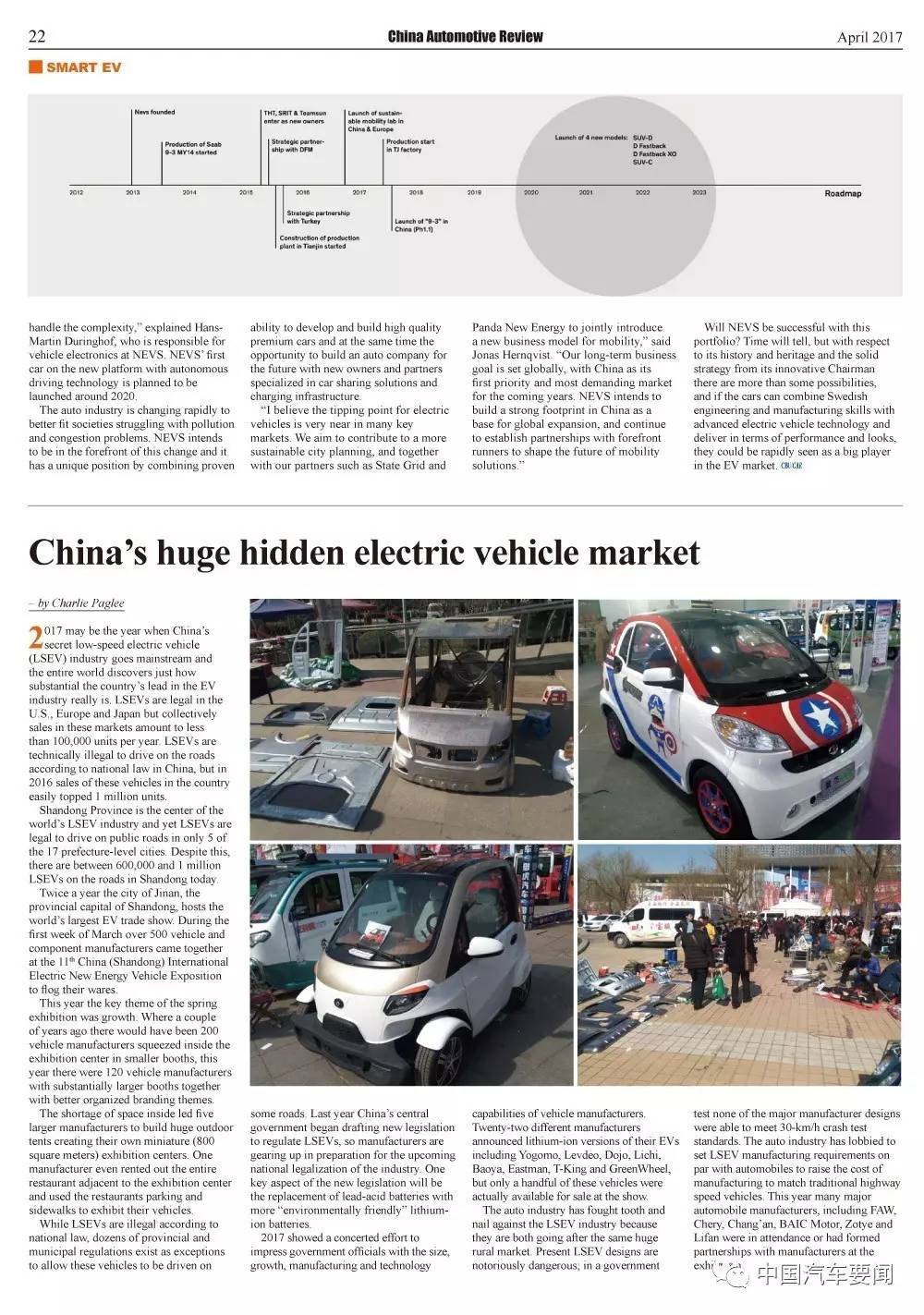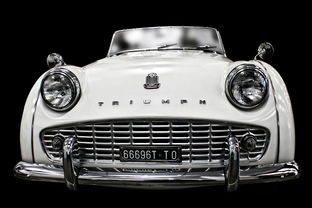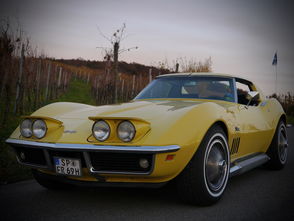Title: The Evolution of Automotive Brands and Their English Equivalents
The evolution of automotive brands has been fascinating, with many iconic names gaining global recognition. Some of the earliest and most successful car brands include German-based Volkswagen, Italian luxury car maker Ferrari, and American automaker General Motors (GM). Other notable brands include Japanese giants Toyota and Honda, South Korean manufacturer Hyundai, and French brand Peugeot.As these brands grew in popularity, they often adopted English equivalents to make their products more accessible to a global audience. For example, Volkswagen was renamed Volkswagen Group in English, while Ferrari became Ferrari S.p.A. In recent years, many Chinese automakers have also adopted English brand names for their international expansion.However, it is important to note that some automotive enthusiasts prefer to stick with the original brand names and appreciate the cultural significance behind them. Ultimately, the evolution of automotive brands reflects the ever-changing nature of the industry and the pursuit of global success.
Introduction
The automotive industry is one of the largest and most competitive sectors globally, with numerous brands vying for market share. Over the years, many car manufacturers have emerged and disappeared, each with its unique brand name and reputation. This article aims to explore the evolution of automotive brands in different regions and their English equivalents, shedding light on how these names have changed over time and their cultural significance.

North American Automobile Industry (NAAI)
In North America, the automotive industry has been dominated by three major brands - Ford, General Motors (GM), and Chrysler/Plymouth - since the early 20th century. These brands have become synonymous with American culture and are often referred to by their full names. However, over the years, some of them have adopted new branding strategies or rebranded themselves to better resonate with consumers.
Ford Motor Company was founded in Michigan, USA, in 1903 and is currently one of the world's largest automobile制造商. In 1998, Ford rebranded itself as Ford Global, adopting a more global perspective and focusing on building high-quality vehicles that meet the needs of diverse audiences. Today, Ford operates in over 60 countries and has established a strong presence in markets such as China, Europe, and South America.
General Motors Corporation (GM), another iconic American automaker, was founded in Detroit in 1908 and is now part of the multinational conglomerate General Motors Company (GMC). In recent years, GM has undergone significant changes due to financial challenges and legal disputes. However, it remains a major player in the automotive industry, with a wide range of vehicle models catering to different consumer segments. GM's English equivalent is "General Motors."
Chrysler/Plymouth was founded by Walter Chrysler in 1925 and went bankrupt during the Great Depression. In 2009, Chrysler filed for bankruptcy protection under the name of DaimlerChrysler, which is now a joint venture between Daimler AG (the parent company of Mercedes-Benz) and Chrysler Group LLC. The English equivalent of Chrysler/Plymouth is "Chrysler" or "Dodge & Plymouth."
European Automotive Industry (EAI)
The European automotive industry has a rich history spanning over a century, with several well-known brands dominating the market. Some of these brands have adopted new names or merged with other companies to remain competitive in today's highly dynamic market.
Mercedes-Benz is a German luxury vehicle brand founded by Carl Benz in 1926. Today, it is part of Daimler AG, one of the world's largest automobile制造商 and one of the richest companies in the world. The English equivalent of Mercedes-Benz is "Mercedes-Benz."
BMW Group是一家德国汽车和摩托车制造商,由汉斯·卡尔·弗里德里希·德尔福(Hans Wilmut Fleisch)创建于1916年,宝马的名称来源于公司创始人的名字的首字母缩写,在英语中,宝马被称为 "BMW"。

Audi是一家德国豪华汽车品牌,成立于1909年,它以其高质量、创新技术和卓越驾驶体验而闻名于世,奥迪的英语名称是 "Audi."
Japanese Automotive Industry (JAI)
Japan has a long tradition in the automotive industry, with several well-known brands gaining popularity worldwide due to their innovative technology and design. Some of these brands have also adopted new names to cater to a broader audience.
Toyota Motor Corporation is a Japanese multinational corporation that specializes in manufacturing automobiles, trucks, and buses. Toyota was founded in 1937 and is now one of the largest automakers in the world. The English equivalent of Toyota is "Toyota."
Honda Motor Co.Ltd is another leading Japanese automaker that specializes in producing motorcycles, automobiles, and industrial equipment. Honda was founded in 1948 and has since become synonymous with quality and innovation. The English equivalent of Honda is "Honda."
Nissan North America Inc. is a subsidiary of Nissan Motor Co. Ltd based in Yokohama, Japan. Founded in 1933, it is one of the largest Asian-owned automobile manufacturers globally. Nissan produces a wide range of vehicles including cars, trucks, and commercial vehicles. The English equivalent of Nissan is "Nissan."
Conclusion
The evolution of automotive brands across different regions has been influenced by various factors such as economic conditions, cultural values, technological advancements, and regulatory frameworks. While some brands may have changed their names over time, their core values and commitment to delivering high-quality vehicles continue to endure. Understanding the historical context behind these names can provide valuable insights into the development of the automotive industry and the cultures they represent.
与本文知识相关的文章:



